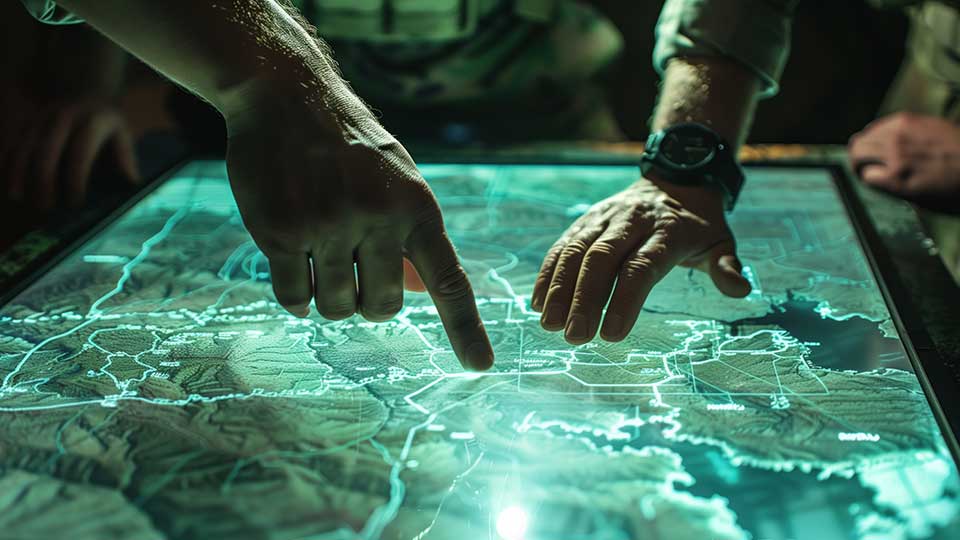
IAS Visiting Fellow Professor Bruno Charbonneau delivers a seminar on their research -
Discussions about the consequences of climate change for security have so far emphasized how the climate crisis multiplies security threats or how it might lead to instability and war. They do not consider how war and military operations themselves might change or must change, given the socio-technological transformations that also come with climate change. The strengthening of net-zero emissions targets and the energy transition to renewables in response to the deepening climate crisis is forcing militaries to find answers to the question of how to wield force effectively within the constraints of a future low-carbon world. The prospect is one of significant changes to how militaries operate in the years ahead as the global energy transition unfolds. In other words, the consequences of climate change on security is not only about the geo- and biophysical impacts on human affairs and geopolitics—to which the military must adapt and prepare for. Planning the future of warfare must also consider how societies and the international system transform in response to climate change—and what the consequences of such transformations are for the future of the military and warfare. It is these socio-technological transformations that we aim and propose to study, in order to imagine, prepare, and plan for the future of war. This paper will do so by emphasizing the transformation of time; i.e. the specificity of the temporal politics under climate change conditions.
Arrivals from 11:45 am for a 12:00 noon start. For those joining in-person, lunch will be served after the seminar from 1:00pm.
This event is hybrid format, please use the required booking button at the bottom of the page to choose either in-person or online attendance.
(Please note that in-person spaces are limited and booking is required, so we can manage numbers for catering and also the space in the seminar room)
By booking a place at this event, attendees agree to behave in a respectful manner such that everyone feels comfortable contributing as they wish. The IAS reserves the right to eject anyone who does not abide by this policy.
IAS seminars are typically recorded, minus any Q&A sessions at the end, again to encourage contributions. The recordings are then uploaded to our website on a Fellows bio page and/or Programme page, along with our IAS YouTube Channel. If you are not able to attend a seminar live, please do still register as we will email everyone who registered to let them know once the recordings are made available.
Contact and booking details
- Email address
- ias@lboro.ac.uk
- Cost
- Free
- Booking required?
- Yes